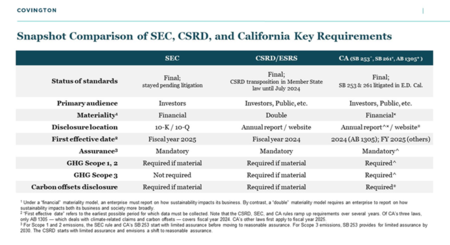However new research by CSIRO, Australia’s national science agency, has shown that increased exposure to alcohol-based sanitisers actually reduces a mask’s effectiveness.
The study, published in the International Journal of Environmental Research and Public Health, is believed to be the first of its kind in the world to investigate the impact of vapours from alcohol-based hand sanitisers and cleaning solutions on the performance of (K)N95 and P2 face masks.
Researchers found that disposable respirator masks were able to retain their effectiveness after either four hours of continuous exposure to alcoholic sanitiser vapours or one direct spray of sanitiser, but any further exposure had the potential for more serious degradation.
Additionally, exposing masks to a high concentration of alcoholic vapours left them so compromised that they no longer offered protection from airborne hazards.
Lead author, CSIRO researcher, Dr Jurg Schutz, said the study’s findings will help inform people on how best to care for their single-use face masks and could be used by manufacturers to conduct further testing.
“Single-use face masks will continue to be part of many of our lives as they provide us with a defence against COVID-19, its variants and any future pathogens, but we had been hearing stories about people trying to prolong the life of these masks by cleaning them,” Dr Schutz said.
“We started thinking about the kinds of products people have been using more during the pandemic, like alcohol-based hand sanitiser and cleaning solutions, and realised these could impact the electrostatic properties of face masks.
“These masks rely on having an electrostatic charge that attracts particles and traps them like a sticky spiderweb, but we also know this charge can be destroyed by highly-concentrated alcoholic vapours.”
The researchers found masks stood up well in three common scenarios used to prevent the spread of COVID-19:
- Using hand sanitisers while wearing a mask
- Cleaning tables while wearing a mask
- Spraying a mask with sanitiser or alcohol-based cologne once
However, they found that more than one spray of sanitiser could seriously compromise the mask to the point of no longer protecting the wearer, and extended exposure to highly concentrated vapours by sealing it in a container with alcohol-based sanitising solution, for example to ‘clean’ a single-use mask before a second use, will actually destroy it.
The study was undertaken by the same team that established Australia’s first certified testing facility for single-use surgical face masks in response to COVID-19.
As well as providing the general public with a better understanding of how to care for their single-use face masks, the team expects the findings could help inform the development of future, pandemic-improved filtration products around the world.







